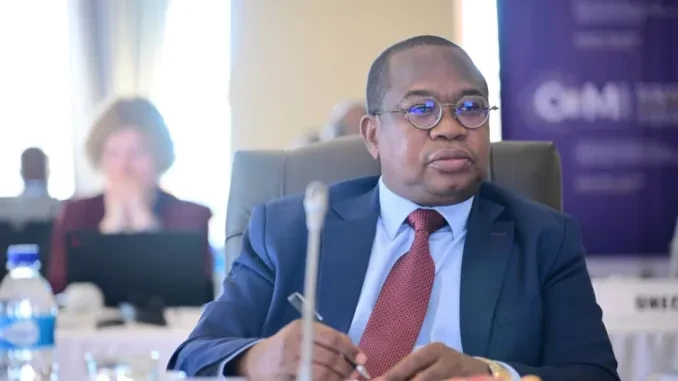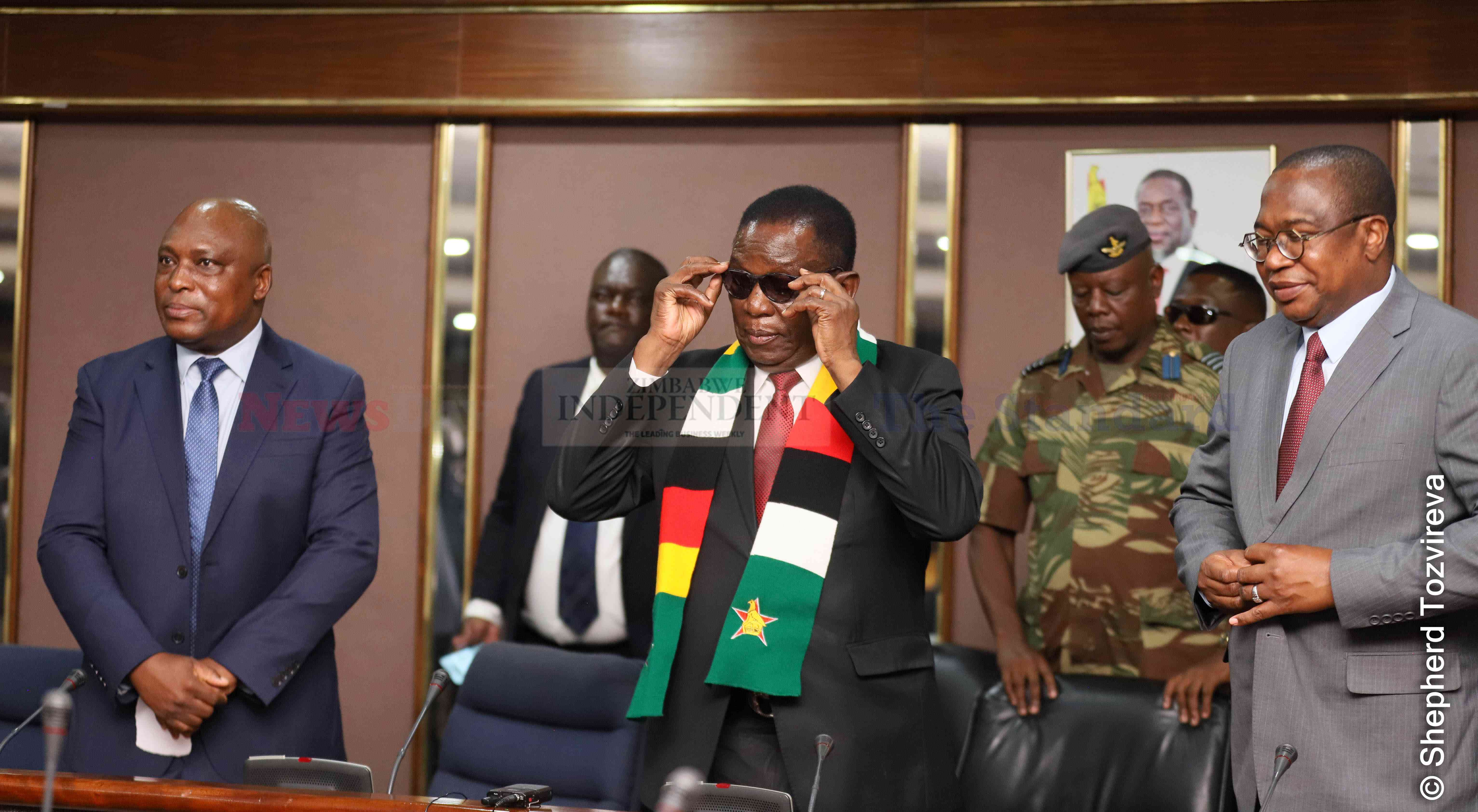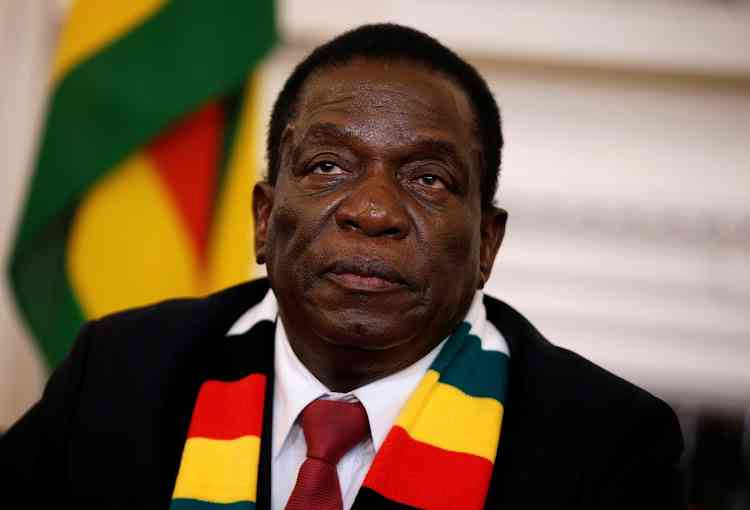
In my last installment, I mentioned that climate negotiations from Durban onwards will increasingly confront the issue of climate justice.
The reason being the atmosphere is a common space, a global commons. As I was gathering material for this article I stumbled upon environmental activist Nnimmo Basseys latest offering To Cook a Continent.
He believes, like anybody else that the world continues to stand in denial of the fact that climate change is triggered mainly by societys continual reliance on fossil fuels.
Perhaps the biggest undoing for Zimbabwe and Africa in general is the current form of civilisation based on Western-style consumption driven by for-profit corporations.
Civilisations have come and gone not just on account of military or political conquest, but also because of a failure to adapt to challenges. Africa is undeniably at the receiving end of climate change and for many the struggle for survival is literally a swim against the tide in a turbulent rising sea.
Notwithstanding the fact that governments are working on coping strategies to deal with climate variabilities, a number of factors stand in the way of their ability to cope with current and unpredictable future conditions. These limiting factors include poverty, weakened institutions and fragile ecosystems.
Africa feeds herself mainly through production by her army of family farmers, especially women forming 70% of its population. This farming largely depends on direct rainfall, and climate change is thus a unique threat here.
Climate impacts are already being felt in a severe way in Zimbabwe as well as other regions of the global south. It is a fact that centuries of exploitation have weakened the resilience of these regions and in tackling climate change these historical facts must be addressed.
- Chamisa under fire over US$120K donation
- Mavhunga puts DeMbare into Chibuku quarterfinals
- Pension funds bet on Cabora Bassa oilfields
- Councils defy govt fire tender directive
Keep Reading
The Conference of the Parties at Copenhagen (2009), Cancun (2010) and Durban (2011) did not generate outcomes consistent with scientific warnings that the world faces a severe climate crisis.
Copenhagen for instance ended with an accord spearheaded by US president Barack Obama with the backing of the BASIC countries (Brazil, South Africa, India and China) concocted in a Green Room dreamt up by Denmarks conservative ruling party.
In the Green Room, 26 countries were cherry-picked to represent the world. When even that small group deadlocked allegedly due to Chinas intransigence and the overall weak parameters set by the US, Obama, Lula da Silva (former Brazilian leader), South Africas Jacob Zuma, Indias Manmohan Singh, and Chinas Wen Jiabao reportedly attempted a face-saving last gasp at planetary hygiene.
Durban was to be worse as the 10-day international event ended in a deadlock after 13 days, and still nothing out of the ordinary came out.
Therefore the demand of climate justice is that those who created the climate problem must be the ones to mitigate it, and in the process must transform their economies and societies.
Developed countries must reduce gluttonous consumption patterns and address the climate crisis with real solutions, and secondly, rich countries have to support poor nations who are forced to adapt to a situation they did not create.
This means supporting sustainable, green development paths. But at a time the world is calling for the curtailment of polluting industrial establishments, China has been building new coal-fired power plants at a phenomenal rate.
That discourse on how much both China and India must do in tackling global warming must not overlook the fact that vast numbers of people in both these countries still need electricity supply and that meeting that gap requires huge financial outlays.
Following catastrophic outcomes of successive United Nations Framework on Climate Change Conferences since 2009 environmentalists must at the forthcoming Rio+20 summit give voice to women and men, young and old, who are resisting daily the advance of a development model that is by definition unsustainable; a model whose predatory inhumanity is trying to subject every aspect of life to the dictates of the market, always putting the profits of a few ahead of everyones wellbeing, while simultaneously trying to hide behind a green-washed face.
It was during the Earth Summit in 1992 that an almost unprecedented social mobilisation in the face of an official conference gave way, among other things, to the United Nations Convention on Biological Diversity and to the UNFCCC.
It is the founding principles of that Convention on Climate Change- the historical responsibility of the industrialised countries for climate change, ecological and climate debt, and thus common but differentiated responsibilities for its treatment – which are now suffering as never before the onslaught of the most concentrated forms of capital in their attempt to turn all of life into a commodity at the service of their profits.
Just like the neoliberal agenda of essential service privatizations in the 90s, the green economy look like its all about liberalising market access to nature, dividing it up into components such as carbon, biodiversity, and environmental services, while at the same time generating new instruments of financial speculation, corporate control, and the emptying of territories.
Faced with the huge festival of false solutions the large corporations are preparing for Ro+20, to consolidate a green-washed capitalism as the only response to the multiple crises they themselves are responsible for unleashing economic, ecological food, energy, democratic, climate, rights, gender, in short, a civilisational crisis the poor must challenge, articulate and draw attention to the real issues that peoples everywhere are building, in the fields and forests, factories, communities, neighborhoods, schools, and other places of work and livelihood.












